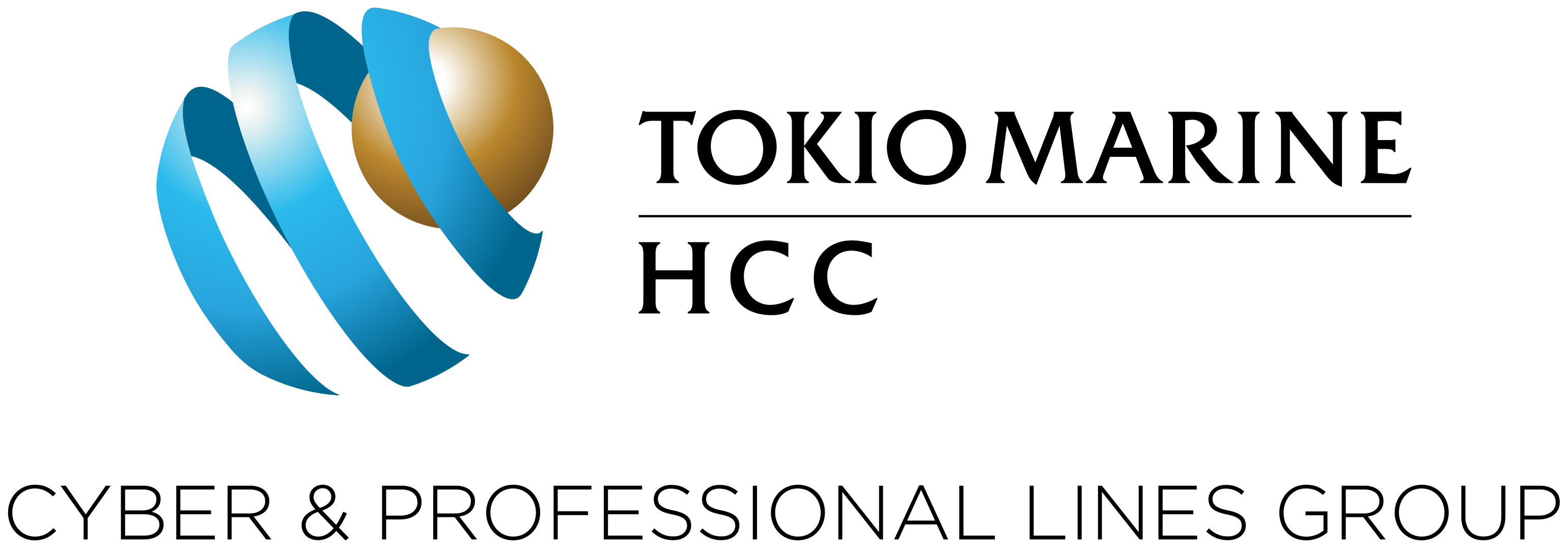
America’s Best First- and Third-Party Cyber Insurance
Five-Star Awards: Cyber Insurance
First-party coverage protects the policyholder – either an individual, group of individuals or a company. If a claim is made, it is against the policyholder’s own insurance policy. Third-party coverage, on the other hand, covers someone other than the policyholder, protecting individuals, groups or companies from liabilities they have caused. When a third-party claim is made, it is made against another policyholder’s insurance policy.
5-Star Excellence Awards
- Beazley
- CFC Underwriting
- Chubb
- CNA
- Corvus
- HDI Global
- Sompo International
What is first-party cyber liability insurance?
First-party cyber liability insurance will protect your small business from the potentially devastating effects of cyberattacks or data breaches, providing financial assistance to lessen the impact. This type of insurance will cover the cost of providing credit monitoring, communicating with affected customers, executing PR and reputation management campaigns, and other recovery activities. For any business that stores sensitive customer or client information online – like social security and credit card numbers – this policy is crucial.
A few examples of what first-party cyber insurance can cover are as follows: a hacker launches a denial-of-service attack against you; someone maliciously destroys your data; an employee accidentally destroys a database; someone plans a virus, spyware or malware on your computer hard drive; your
computer hardware is damaged in a storm; a power surge wipes our your business server; or someone holds your computer data for ransom.
What’s the difference between first-party and third-party cyber liability insurance?
First-party coverage covers cyberattacks and data breaches to mitigate the financial burden of the company that purchased the insurance. Third-party cyber liability insurance, on the other hand, gives liability protection to clients that suffer a cyberattack or data breach caused by the error by another company.
In other words, first-party cyber liability insurance is similar to commercial property insurance, covering your business’s damages from cyber losses. Third-party coverage is comparable to general liability insurance, covering legal expenses resulting when one firm causes another firm’s cyber losses. For IT consultants and tech companies that might face blame for mistakes leading to breaches, third-party cyber liability is a key policy.
What does third-party cyber liability insurance cover?
Third-party cyber insurance is usually triggered after an accusation that a business did not prevent a virus or a disclosure of confidential data. Typically, it covers a business of responsibility for securing its network, as well as accusations of defaming somebody online. In either case, the business’s insurance company would pay for settlements or judgments against the business, attorney’s fees, defense before regulatory boards, and government penalties and fines.
Types of businesses that usually buy third-party cyber liability insurance are companies that service or install IT infrastructure. Some tech professionals, however, may have coverage in their professional liability insurance. Accountants, insurance agents and retailers are other businesses that may require third-party cyber insurance.
Keep up with the latest news and events
Join our mailing list, it’s free!


